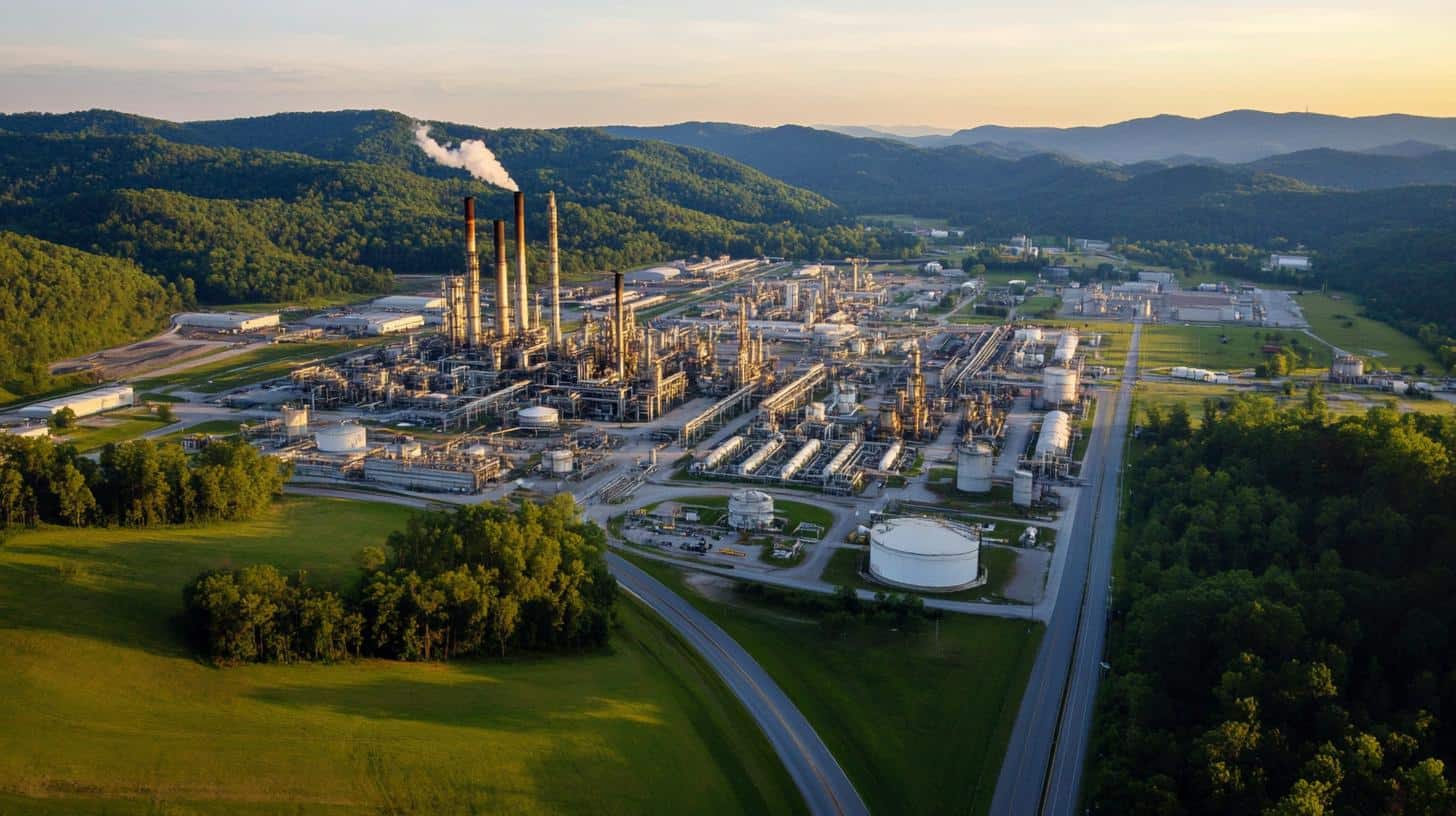Air Liquide, a leading industrial gas company, has announced a significant investment in Tennessee to expand its production capabilities and support a major South Korean chemical firm. The expansion plan involves a funding of approximately $150 million.
The initiative includes the development of a second air separation unit (ASU), along with a new liquefier, storage facilities, and an expanded pipeline system at the Airgas production site in Clarksville, Tennessee. Scheduled for commissioning in 2027, this move is primarily aimed at supplying oxygen to LG Chem, which is establishing a new manufacturing plant in the area.
LG Chem’s facility, anticipated to be operational by 2026, represents an investment of $1.6 billion for its initial phase. The plant will produce cathode active materials (CAM) required for lithium-ion batteries, a critical component for electric vehicles (EVs). With an projected annual production capacity of 60,000 tons, the plant is expected to support the manufacture of approximately 600,000 high-performance EVs.
This strategic partnership enables Air Liquide to enhance its capacity for liquid nitrogen, oxygen, and argon production, thus meeting the increasing demands of customers in Tennessee and nearby regions. A representative from Air Liquide emphasized the importance of this move, highlighting the company’s commitment to advancing the US battery ecosystem while supporting local market needs. This effort showcases Air Liquide’s dedication to growth and innovation in the rapidly expanding EV industry.
The Impact of Air Liquide’s Investment in Tennessee on Communities and the Economy
Air Liquide’s recent announcement of a $150 million investment in Clarksville, Tennessee, marks a significant development in both the regional economy and the wider industrial landscape. This substantial investment is set to not only boost Air Liquide’s production capabilities but also facilitate a major breakthrough for LG Chem. This collaboration is expected to generate profound impacts on local communities, industries, and even the global shift toward sustainable energy solutions.
Economic Growth and Job Creation
The expansion of Air Liquide’s production facilities will likely invigorate the local economy in Tennessee. The construction of a new air separation unit (ASU), liquefier, and expanded pipeline system requires a considerable workforce, which is anticipated to create numerous construction jobs. Once operational, these facilities will require additional skilled workers to manage and maintain operations, providing long-term employment opportunities. Furthermore, LG Chem’s forthcoming $1.6 billion cathode active material (CAM) manufacturing plant, which is projected to commence operations in 2026, will enhance employment prospects in the region.
These developments not only promise direct job creation but also stimulate local businesses. Increased demand for services ranging from housing to local supply chains will benefit small businesses, thereby contributing to the economic growth of Clarksville and surrounding areas.
Advancements in the EV Industry
Air Liquide’s strategic investment highlights a commitment to supporting the burgeoning electric vehicle (EV) market. By supplying LG Chem with critical materials for lithium-ion battery production, Air Liquide aligns itself with global efforts to transition to green energy. The anticipated annual production capacity of 60,000 tons of CAM at LG Chem’s facility translates to components for approximately 600,000 high-performance EVs, underscoring the significant role this partnership plays in advancing EV technology and infrastructure.
The collaboration between these industry giants demonstrates a response to the soaring demand for electric vehicles. By expanding the production capacity for essential battery materials, these companies are not only looking at the immediate economic benefits but are also investing in a sustainable and environmentally conscious future.
Environmental and Technological Impact
Given the burgeoning focus on reducing carbon footprints, the shift towards electric vehicles is crucial. Air Liquide’s investment in infrastructure to produce more oxygen, nitrogen, and argon can also facilitate the development of cleaner technologies across various sectors. Whether it’s supplying the medical, manufacturing, or chemical industries, an increased supply of these gases can lead to enhanced production processes with reduced environmental impacts.
Furthermore, the focus on technological innovation can spur advancements across industries. As facilities in Tennessee become cutting-edge hubs of production, they are likely to serve as models for future developments in industrial sustainability.
Controversies and Challenges
While investments of this magnitude present many benefits, they also come with challenges and controversies. The construction of such large-scale facilities may raise environmental concerns, including potential impacts on local ecosystems and increased emissions during the construction phase. There needs to be careful consideration and implementation of environmental safeguards to mitigate any adverse effects.
Additionally, while job creation is a major benefit, ensuring that these jobs offer good wages, benefits, and opportunities for career growth is crucial to maximizing local economic development and avoiding criticisms associated with industrial expansions.
In conclusion, the partnership between Air Liquide and LG Chem in Tennessee stands to reshape the economic and industrial landscape of the region, reflecting a pivotal moment in the pursuit of a sustainable future. As technology evolves and the demand for cleaner energy solutions grows, investments like these will be instrumental in steering economies and communities towards a path of innovation and prosperity.


















